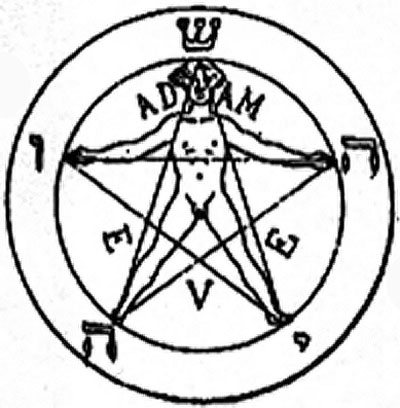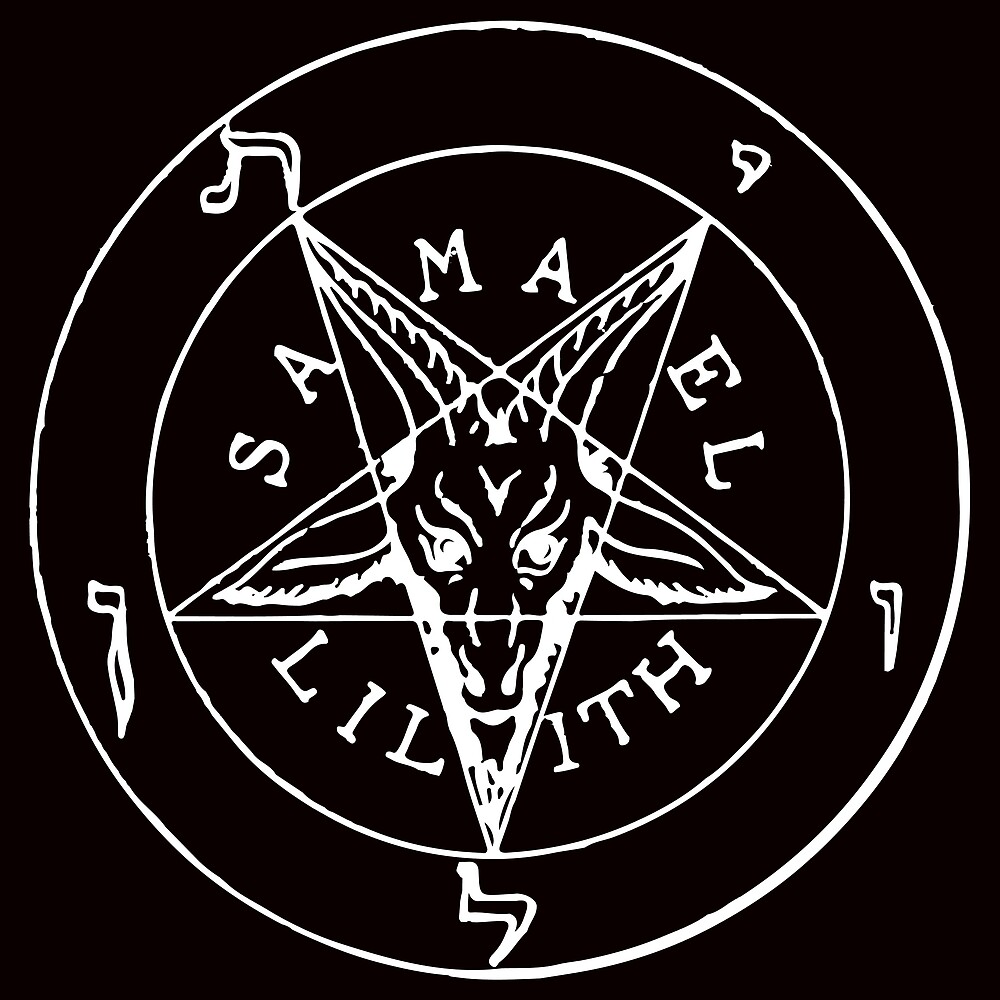Today I’d like to talk to you about my personal Lord and Savior– me.
Well, not exactly me. The best of me, a hidden, higher part, a true, secret Self who I can never fully know, but whom I worship.
I’ve called Him my Inner God, my Holy Guardian Angel, The Bornless One, Akephalos. His true name is a secret that can never be spoken. I worship Him in the form of this word, a word whose multitude of translations, connotations and properties reveals ever more about Him to me.
My God is not your God. He may be nothing at all like the God that dwells in you, but still, I thought that maybe talking about My God and how I relate to Him might get you thinking about Your God and what They might be.
First of all, my God is not omnipotent. He cannot grant all my wishes, stop the evil in the world, protect me or my loved ones from death, disease and misfortune. If something goes wrong in my life, it is pointless to get angry at Him. What goes on in the outside world is beyond His influence.
His influence and power resides in the little bubble of my thoughts, feelings, and actions. Over these he has absolute power, as long as I grant Him my submission.
That may not sound like much, but it is not to be underestimated.
I discovered My God when I had to get into recovery from alcoholism and self-harm. I had relapsed hundreds of times, and was incapable of stopping my self-destruction until, in desperation, I did what those AA people told me to do and prayed.
And for reasons I could not understand, it worked. When I asked for help from something that was above and beyond my ego and my conscious mind, I suddenly found a power I had never had before– the power to turn down a drink or a drug. The power to change. The power to get better.
An atheist-friendly AA definition of a Higher Power is an “unsuspected inner resource.” That was how I thought about My God. That is still how I think about My God.
I knew Lucifer would not be my Higher Power. He wanted me to worship Myself. But there were a lot of problems with that idea. Worship me? I was fallible, imperfect. Hell, more than that, at the time I was a fucking mess and frankly not a good person. I couldn’t worship the guy who didn’t care how many people got hurt by his self-destruction. I couldn’t worship the guy who was scared all the time, angry all the time, hurting all the time.
But Lucifer told me there was more to me. I was doubtful, but I decided to trust him.
For a long time, I prayed to My God without a clear idea of who he was or what he was like. I didn’t even have a name for Him for years. Eventually I received the name, and with it a set meanings attached to it which began to make His mysterious character a little more clear. The name jumped off the page of a book at me while I was struggling to find the right secret name for my Satanic baptism. I hadn’t been able to come up with anything that fit before, but the instant I saw that word, a word completely unfamiliar to me until that moment, I knew it was right.
That word is the primary manifestation of My God to me. It’s an unusual word with unusual properties, and many meanings in many languages. Additionally, the word breaks down into a multitude of other words that also have interesting translations. The letters, the number of letters, the arrangement of letters, has a shocking symmetry and simplicity that unfolds implications. I meditate upon that word, imagine its flaming golden letters wrapping around me, endlessly recursive, in an unbreakable ward of protection.
My God is not like many other Gods you may know. I don’t have a clear mental image of his appearance, other than the face I see in the mirror, which is also attached to the less divine parts of me. My God does not have a mythology, and very little iconography. I imagine Him as a pyramid, as lightning, as a white rose, or as the flaming letters of His name. His colors are black, white, red, and gold, a standard alchemical palette. After all this time, I know very little about Him, yet he draws me unfailingly in a direction– the right direction.
I said before that My God has absolute sovereignty over everything in my direct sphere of actions– my thoughts, feelings, words and actions. I also said before not to underestimate this power. I have found that any time I remember to pray to Him, I am granted the strength to carry on in the face of any pain. I find the right words for any occasion. I come to the right decision, the right solution, the right thing to do. My lower mind can fail to listen to Him, can forget He is there– but when I reach out, He never fails me.
He is my redeemer and preserver. In a sense He is my creator, for He made me the man I am today. He is unambiguously the reason I am still alive, that force that stays my hand when self-destruction’s siren call is loud. He is the reason I can bear tragedy, trauma, and stress. When I think I cannot go on, I know that I can, for He is with me, and in me. He is the core of my being.
Because of Him, even my fallible body and mind are sacred. My body is His shrine. My mind is His servant.
When I speak of My God, I sound almost like a monotheist of the right-hand path, speaking in terms of surrender, submission, service. But I surrender to His will because it is my own truest will. I serve Him because in doing so I ultimately serve myself, and the people and causes I care about. I surrender to Him because he does not dominate others. There is no I, only Thou, I tell him every day, with ecstasy and devotion in my heart. The path to my apotheosis is to blend ever more fully with Him, and this is my highest aspiration.
I believe whole-heartedly, after many years of practice, in these simple things: If I stumble, He will catch me. If I am uncertain, He will have the answer. If I am afraid, He will grant me courage. If I am weak, He will give me strength. If I am cruel and selfish, He will teach me compassion. If I am in error, He will show me the truth. If I am tired, He will give me determination to press on. If I am in despair, He will grant me hope. When I cannot love myself, I can love Him in me. And though I may die, I believe that He is eternal.
Glory to the God who dwells in Me. Nema.


